Living with anxiety
A closer look at what anxiety and how it affects us through the eyes of a Saint Stephen’s student.
Piece of artwork created by Saint Stephens Gauntlet member Evanthia Stirou.
Stress taking over your life? Hurting inside? Feeling overwhelmed? This may be caused by a well-known disorder known as anxiety. Students at Saint Stephen’s and all around the globe may suffer from anxiety and not know it. Perhaps getting a look at the disorder through a student’s eyes will give more details on what living with anxiety actually entails.
Anxiety is defined as a nervous disorder characterized by a state of excessive uneasiness and apprehension, typically causing compulsive behavior or panic attacks. According to the ADAA, anxiety affects about 40 million adults age 18 and older, and 25.1% of children age 13 to 18 in the United States. This means one of the four students in your class right now possibly suffer from some form of anxiety.
This disorder can cause teens to perform poorly in school, skip important social events, and miss experiences that would eventually help form their character.
Mrs. Perkins, Saint Stephen’s Episcopal School’s Psychologist, says that “Some stress is actually helpful in productivity. Stress becomes toxic to productivity if it is not well-maintained. The trick to keeping stress at an optimal level is to maintain BALANCE.”
A 16-year-old Saint Stephen’s student, who asked to remain anonymous, is just one of many suffering from anxiety and all of its struggles. She says that anxiety is a huge distraction that degrades her quality of life, both socially and academically.
“Because anxiety causes me to overthink everything, it is a huge distraction in my daily life. From pulling me away from a simple conversation to making me procrastinate from doing my school work, it feels like it’s always there.”
She describes the overall effect of anxiety as “causing a multitude of things, making me overthink everything I do, causing a lot of self-doubts, and making me question if I’m good enough.”
Socially, it can be harder to stay attentive and active in ongoing conversations.
“I sometimes find it hard to be engaged in conversations because all I think about is if someone is judging or talking about me,” the student said.
She often finds herself having to think before she speaks to make sure everything sounds right. Doing this all the time can take value out of conversations and relationships, which causes her to avoid new social opportunities like new relationships.
Academically, she finds it challenging to apply herself to things such as class discussions.
“In anything verbal, I often stutter and find it hard to get my point across.” These struggles have caused her to miss out on many academic opportunities.
Along with anxiety comes panic attacks. According to the Mayo Clinic, panic attacks are defined as “a sudden episode of intense fear that triggers severe physical reactions when there is no real danger or apparent cause. Panic attacks can be very frightening. When panic attacks occur, you might think you’re losing control, having a heart attack or even dying.”
These attacks can strike anyone at any time, but to those with an anxiety disorder, they are a common occurrence. The attacks can be caused by just about anything: too much homework, a test the next day, even small things like thinking someone had judged them during the day.
Our focus-student experiences these attacks a few times a month. She describes the experience of an attack as feeling like there isn’t enough air, undergoing uncontrollable crying, and feeling like everything around you is crumbling down.
“I usually end up on the floor or on my bed trying to catch my breath and calm down.”
Anxiety attacks tend to build up the longer they go on. About 10 minutes in, symptoms begin to worsen. After about 30 minutes in is when the attack usually starts to go away, although some of the symptoms can last longer. For additional information on anxiety attacks visit.
Though anxiety seems like it has no escape, there are many things you can do to reduce the stress that it causes. A common stress reducer that she uses is called EFT tapping. Also known as the “Emotional Freedom Technique,” EFT is a process that focuses on different pressure points in your body that can be used to release stress. Find out how to do EFT tapping by watching this informational video.
“Tapping has helped me a lot because it calms me down and helps me refocus on what I am doing.”
She says that the most important thing in managing her anxiety is taking time to be alone and regroup. She works on focusing on her breathing and practicing mindfulness techniques like meditation. According to “Psych Central”, meditation helps you feel more present and in the moment. Anxiety usually focuses on events in the past or in the future, so with meditation, you can focus on the present instead of worrying about the past and future.
If you are struggling with anxiety, there are also programs that Saint Stephen’s offers to help reduce students’ stress. If you are feeling lost or stressed out, you can always talk to your advisor, Reverend Rich, or Mrs. Perkins.
Mrs. Perkins said that having a support system and someone to talk to is key to a healthy mindset. “A supportive teacher, your parents, a friend? Supporting each other to pause and think about ways to get back to your healthy self is essential.”
Counselors from McNulty Counseling and Wellness Group in St. Petersburg are currently partnering with Saint Stephen’s in trying to help those who struggle with mental health.
Mrs. Perkins says that “For individual counseling, students and families can connect with the counselors by contacting Mr. Forrester or myself. You can also visit their website McNulty Counseling and Wellness and contact them directly to arrange an appointment.”
Anxiety can feel like it is taking over your entire life at times, but just know that you’re not alone. Reaching out to a friend, a parent, or even a teacher is the first step to a better mental and physical health. Trying out meditation, different breathing exercises, and tapping is highly recommended for reducing stress and getting back to what matters to you most.

Sanna is a senior at Saint Stephen's and is returning to the Gauntlet for her third year. She is serving as an Associate Editor this year. She enjoys listening...

Evanthia is a third-year Creative Director on The Gauntlet. She is a senior here at Saint Stephen's and likes drawing, playing Genshin Impact, and hanging...

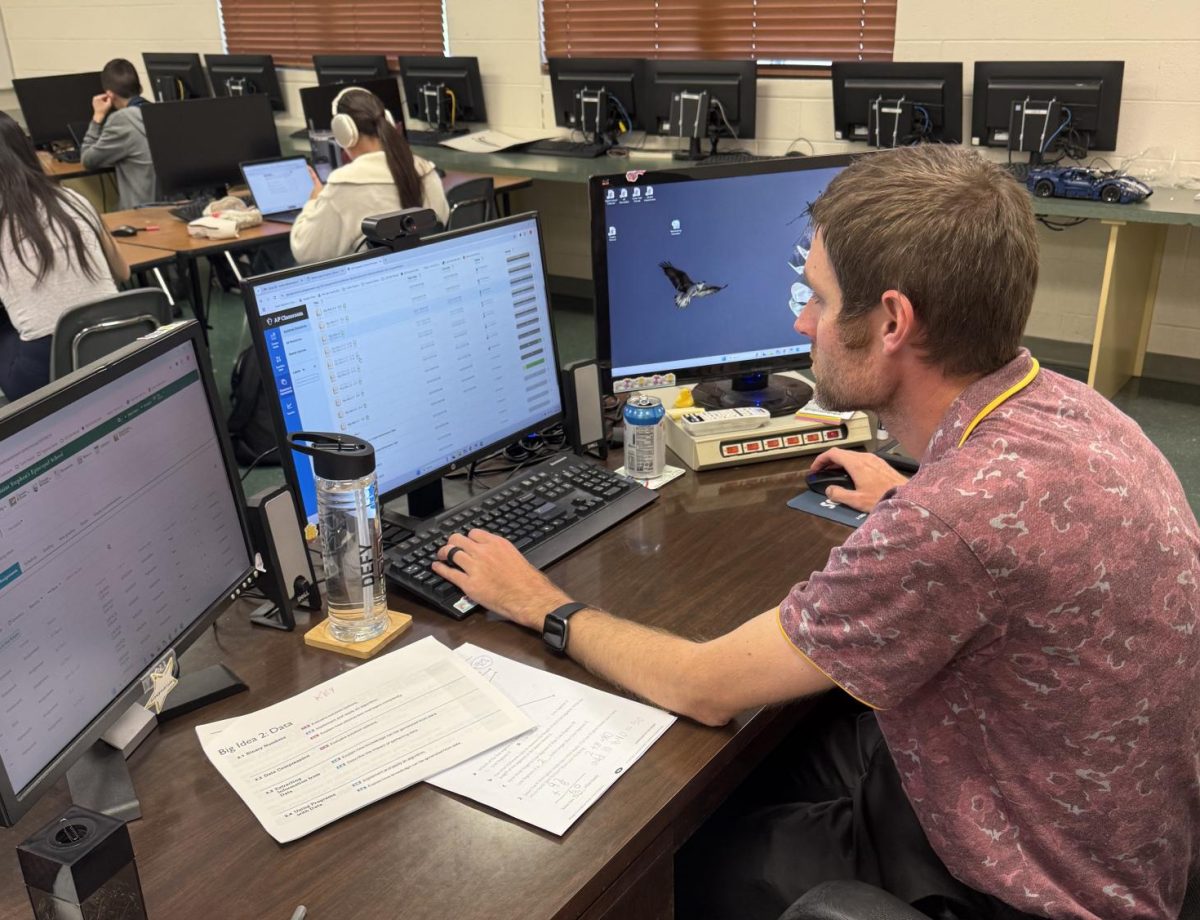











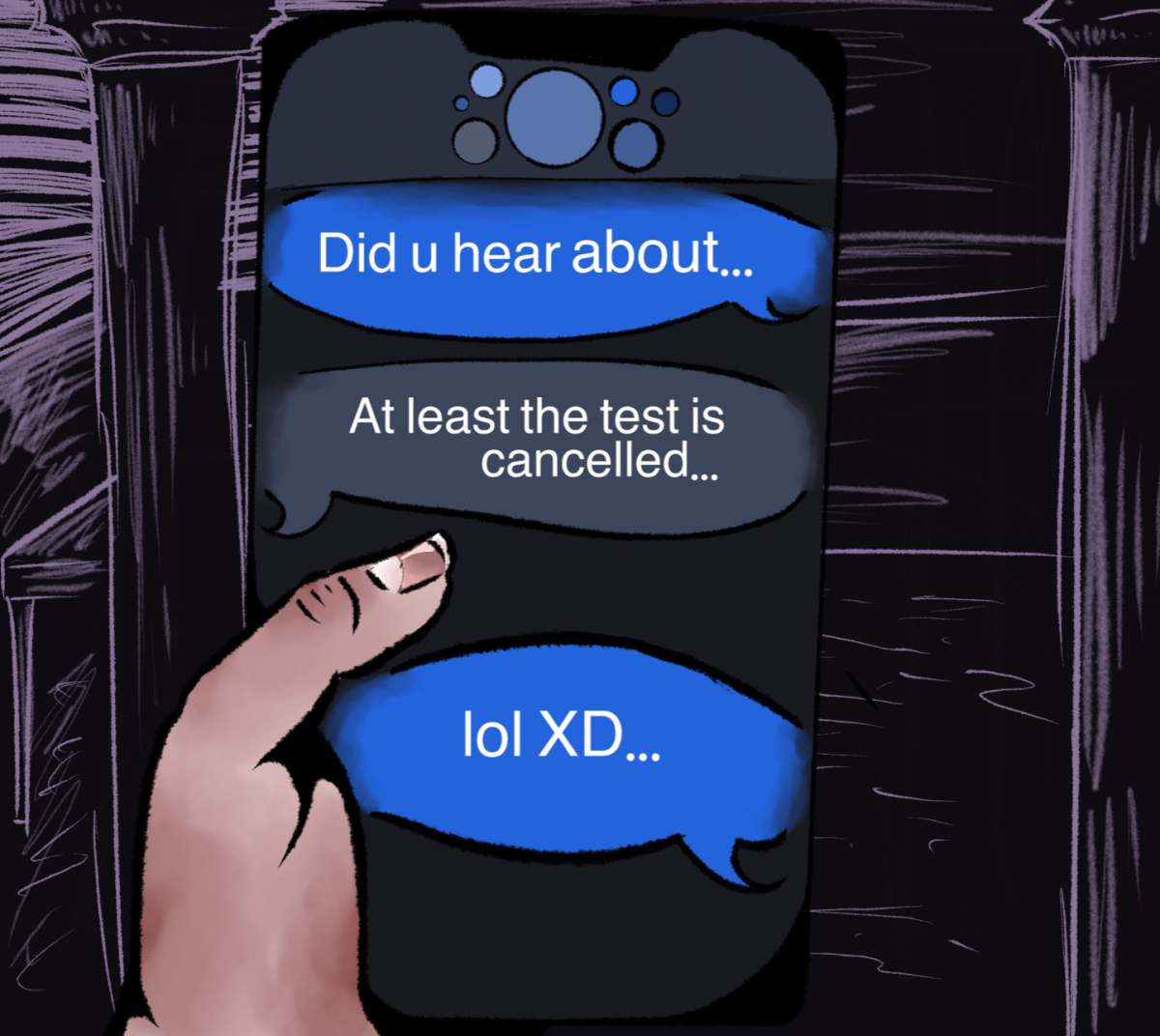


























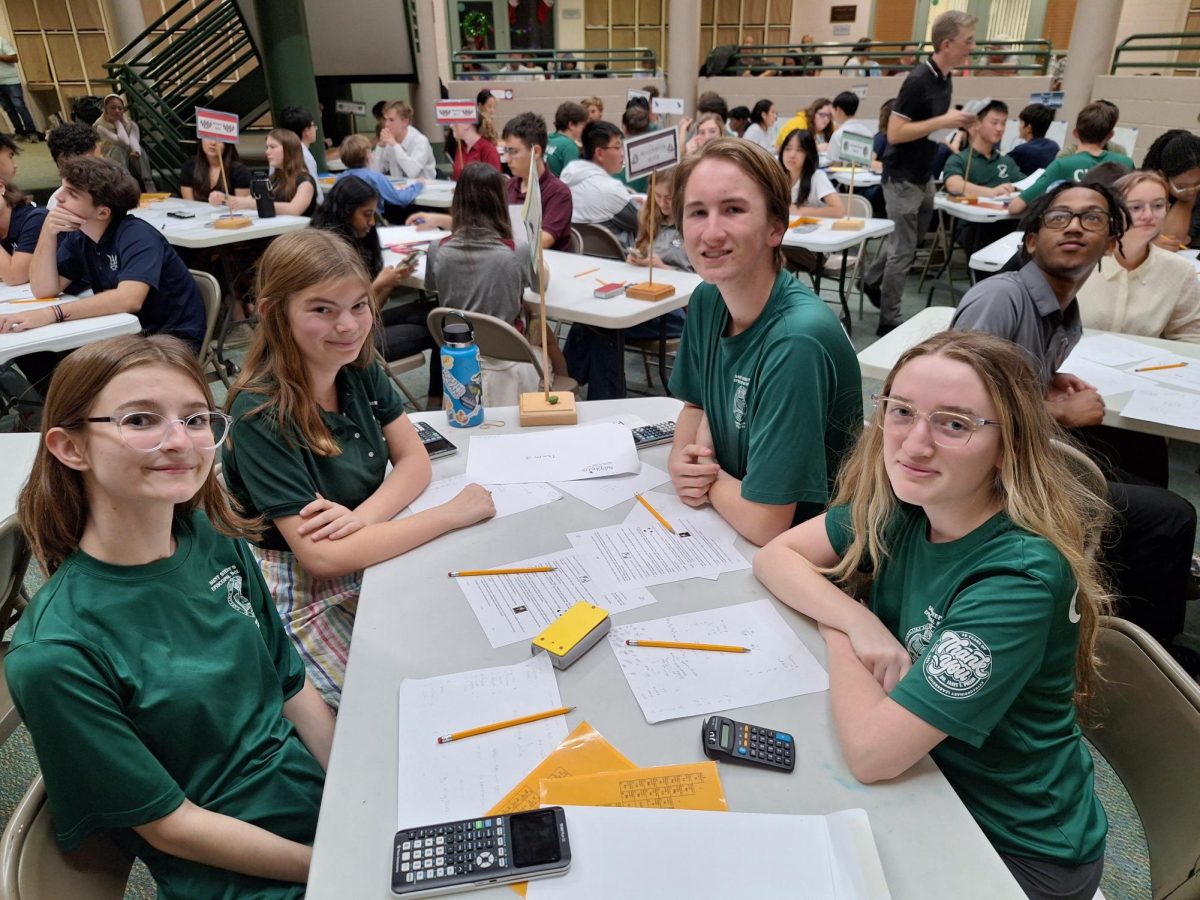



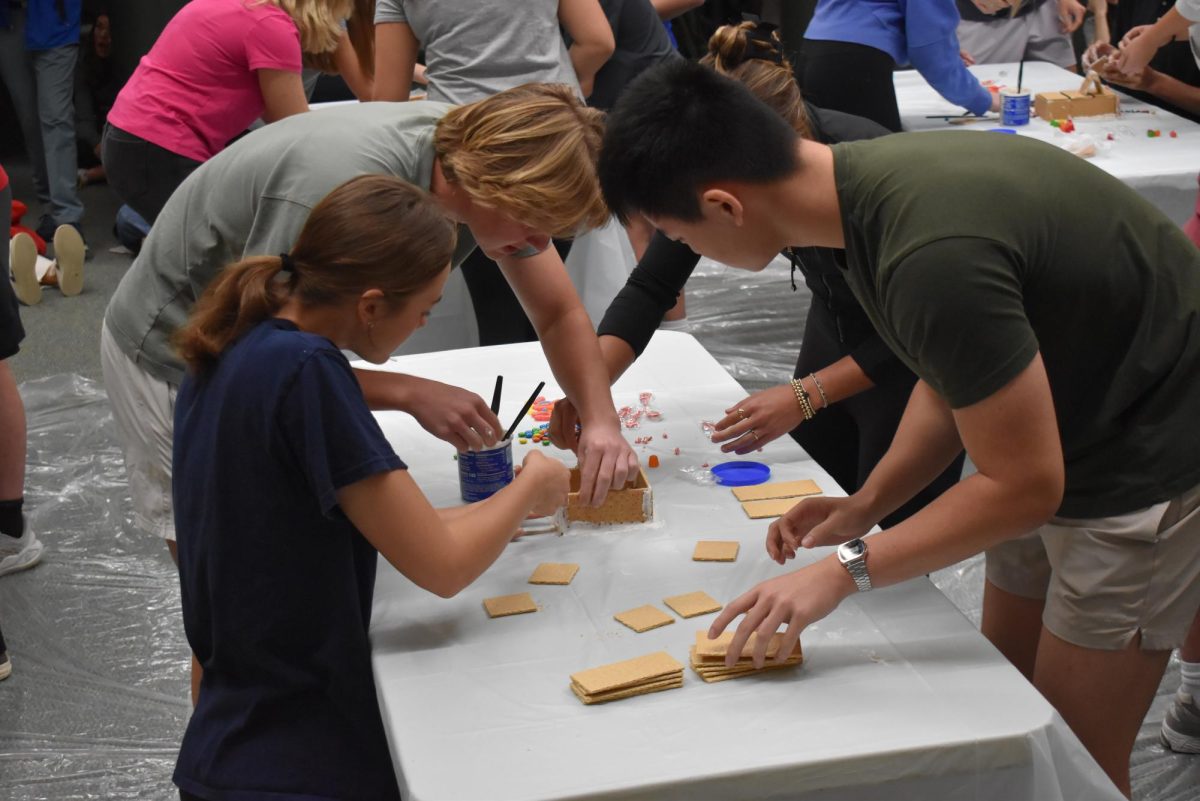



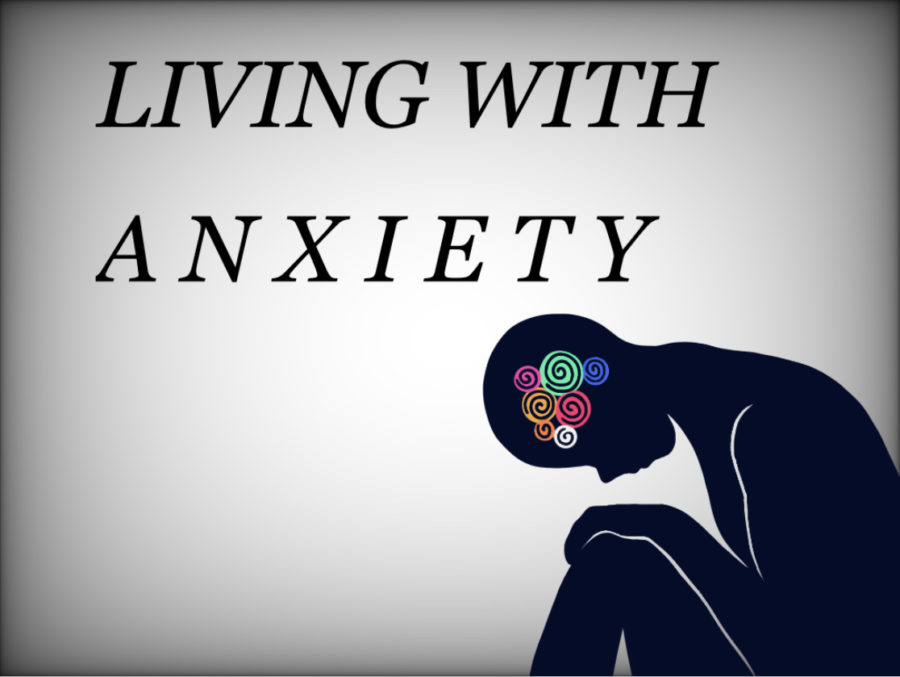
Maria Sevilla • Oct 2, 2019 at 12:03 pm
Great article Sanna! Thank you for helping create awareness on this topic and offer practical strategies to empower teenagers with their well-being .
Anna Conn • Sep 25, 2019 at 3:24 pm
Wonderful article!